Engaging.
Each author deserves kudos for the in-depth research he or she most certainly undertook to develop these stories. Imagination alone warrants much credit as well.
[ Worlds That Werent ] will be popular where alternative history holds sway.
All four of these novellas are well written, hooking readers as each tale feels genuine due to the real figures fitting smoothly in their substitute environs. The award winning authors provide alternate historical readers with quite a quartet.
[Turtledoves] Sokrates and Alkibiades are both portrayed well. Stirling has succeeded in writing an adventure tale of a strange world filled with unknown beasts and exotic (but not necessarily noble) savages. [Williams] imbues [The Last Ride of German Freddie] with more complexities that are generally found in retellings of the story of the OK Corral.
A tasty collection. Good reading for a hot summers night will be found in Worlds That Werent .
Turtledove has obviously done his research, and his creation of Ancient Greece rings so true that the alternate history reads more like historical fiction. Stirling is immensely clever, and he creates really likable characters. He also describes a scene of action like nobodys business, creating the readers equivalent of a wild thrill sequence from a great popcorn movie. Its a nice piece of writing, and his attention to characters really pays off. His alternative history is fascinating and thought-provoking. He brings out the best in this sub-genre. [Gentles story is] a closely stitched piece, a dense fabric of history, imagination and storytelling that easily suggests theres much more here than immediately meets the eyeAll the stories are eminently readable; some are truly exceptional.
W ORLDS T HAT W ERENT
HARRY TURTLEDOVE
S. M. STIRLING
MARY GENTLE
WALTER JON WILLIAMS
A ROC BOOK
ROC
Published by New American Library, a division of
Penguin Group (USA) Inc., 375 Hudson Street,
New York, New York 10014, USA
Penguin Group (Canada), 10 Alcorn Avenue, Toronto,
Ontario M4V 3B2, Canada (a division of Pearson Penguin Canada Inc.)
Penguin Books Ltd., 80 Strand, London WC2R 0RL, England
Penguin Ireland, 25 St. Stephens Green, Dublin 2,
Ireland (a division of Penguin Books Ltd.)
Penguin Group (Australia), 250 Camberwell Road, Camberwell, Victoria 3124,
Australia (a division of Pearson Australia Group Pty. Ltd.)
Penguin Books India Pvt. Ltd., 11 Community Centre, Panchsheel Park,
New Delhi - 110 017, India
Penguin Group (NZ), cnr Airborne and Rosedale Roads, Albany,
Auckland 1310, New Zealand (a division of Pearson New Zealand Ltd.)
Penguin Books (South Africa) (Pty.) Ltd., 24 Sturdee Avenue,
Rosebank, Johannesburg 2196, South Africa
Penguin Books Ltd., Registered Offices:
80 Strand, London WC2R 0RL, England
Published by Roc, an imprint of New American Library,
a division of Penguin Group (USA) Inc. Previously published in Roc hardcover and trade paperback editions.
The Daimon copyright Harry Turtledove, 2002
Shikari in Galveston copyright S. M. Stirling, 2002
The Logistics of Carthage copyright Mary Gentle, 2002
The Last Ride of German Freddie copyright Walter Jon Williams, 2002
All rights reserved
 REGISTERED TRADEMARK MARCA REGISTRADA
REGISTERED TRADEMARK MARCA REGISTRADA
ISBN: 978-1-1012-1263-9
Without limiting the rights under copyright reserved above, no part of this publication may be reproduced, stored in or introduced into a retrieval system, or transmitted, in any form, or by any means (electronic, mechanical, photocopying, recording, or otherwise), without the prior written permission of both the copyright owner and the above publisher of this book.
PUBLISHER S NOTE
These are works of fiction. Names, characters, places, and incidents either are the product of the authors imaginations or are used fictitiously, and any resemblance to actual persons, living or dead, business establishments, events, or locales is entirely coincidental.
The publisher does not have any control over and does not assume any responsibility for author or third-party Web sites or their content.
The scanning, uploading, and distribution of this book via the Internet or via any other means without the permission of the publisher is illegal and punishable by law. Please purchase only authorized electronic editions, and do not participate in or encourage electronic piracy of copyrighted materials. Your support of the authors rights is appreciated.
T HE D AIMON
HARRY TURTLEDOVE
S IMON the shoemakers shop stood close to the southwestern corner of the Athenian agora, near the boundary stone marking the edge of the market square and across a narrow dirt lane from the Tholos, the round building where the executive committee of the Boul met. Inside the shop, Simon pounded iron hobnails into the sole of a sandal. His son worked with an awl, shaping bone eyelets through which rawhide laces would go. Two grandsons cut leather for more shoes.
Outside, in the shade of an olive tree, a man in his mid-fifties strode back and forth, arguing with a knot of younger men and youths. He was engagingly ugly: bald, heavy-browed, snub-nosed, with a gray beard that should have been more neatly trimmed. And so you see, my friends, he was saying, my daimon has told me that this choice does indeed come from the gods, and that something great may spring from it. Thus, though I love you and honor you, I shall obey the spirit inside me rather than you.
But, Sokrates, you have already given Athens all she could want of you, exclaimed Kritias, far and away the most prominent of the men gathered there and, next to Sokrates, the eldest. You fought at Potidaia and Delion and Amphipolis. But the last of those battles was seven years ago. You are neither so young nor so strong as you used to be. You need not go to Sicily. Stay here in the polis. Your wisdom is worth more to the city than your spear ever could be.
The others dipped their heads in agreement. A youth whose first beard was just beginning to darken his cheeks said, He speaks for all of us, Sokrates. We need you here more than the expedition ever could.
How can one man speak for another, Xenophon? Sokrates asked. Then he held up a hand. Let that be a question for another time. The question for now is, why should I be any less willing to fight for my polis than, say, he is?

![Harry Turtledove Worlds that werent : [novellas of alternate history]](/uploads/posts/book/79050/thumbs/harry-turtledove-worlds-that-weren-t-novellas.jpg)
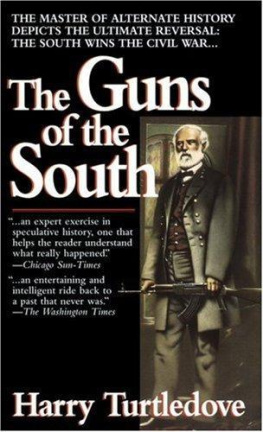
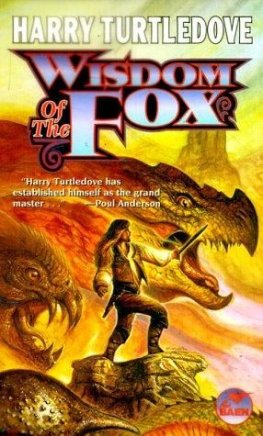
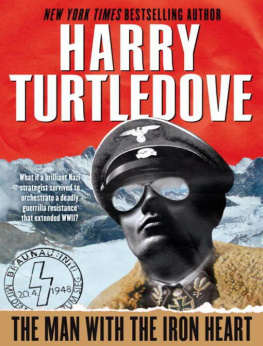
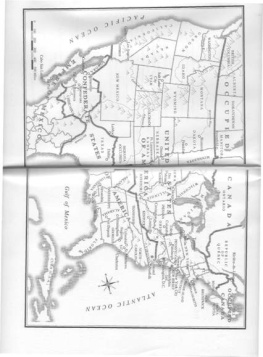
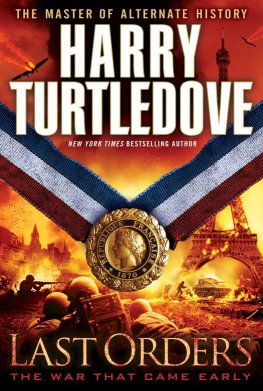


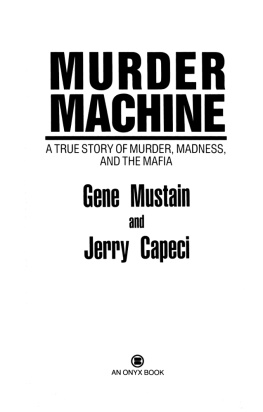
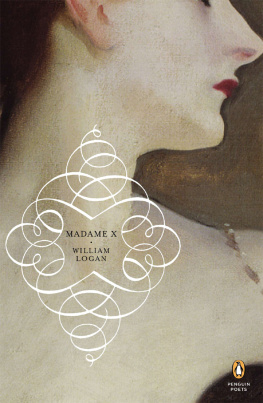
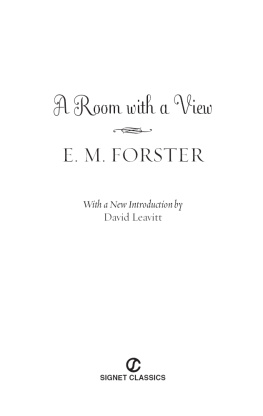

 REGISTERED TRADEMARK MARCA REGISTRADA
REGISTERED TRADEMARK MARCA REGISTRADA